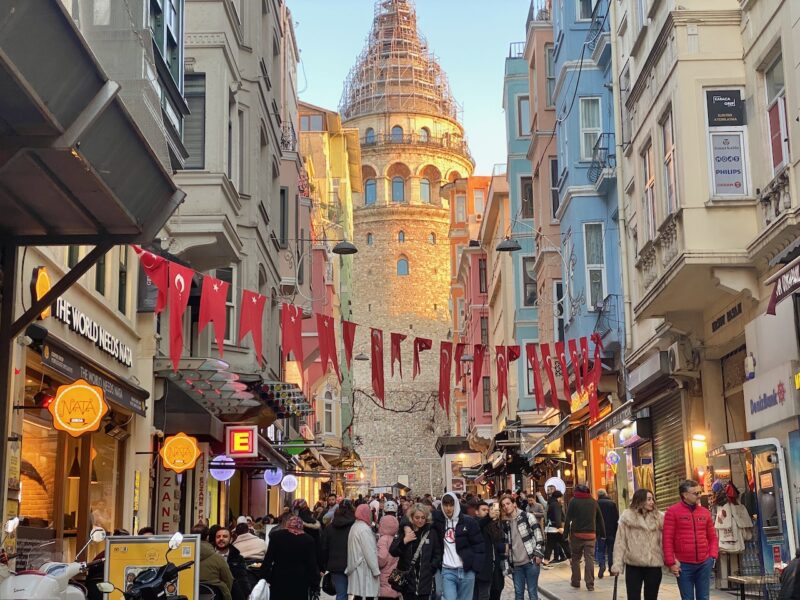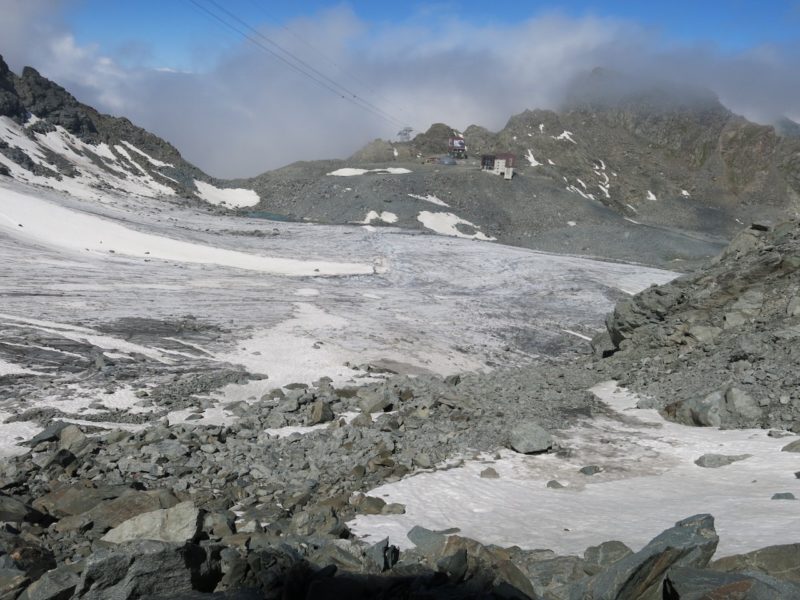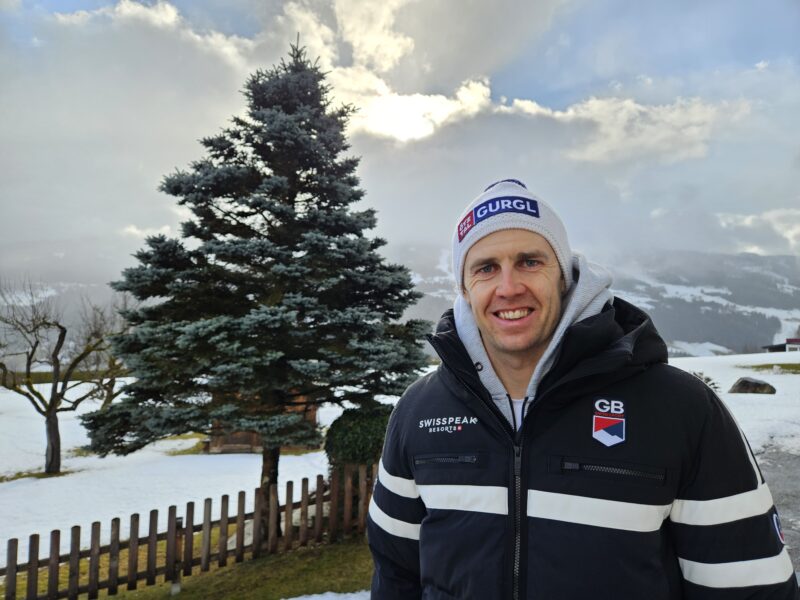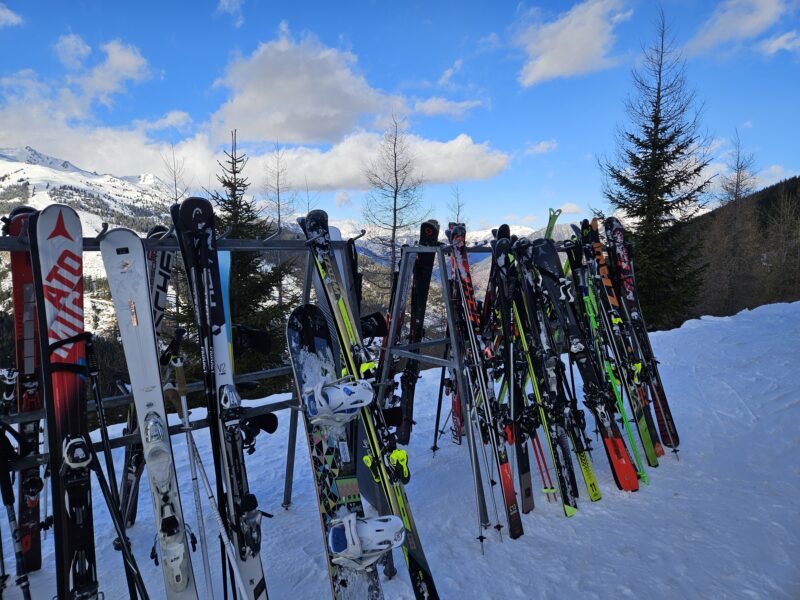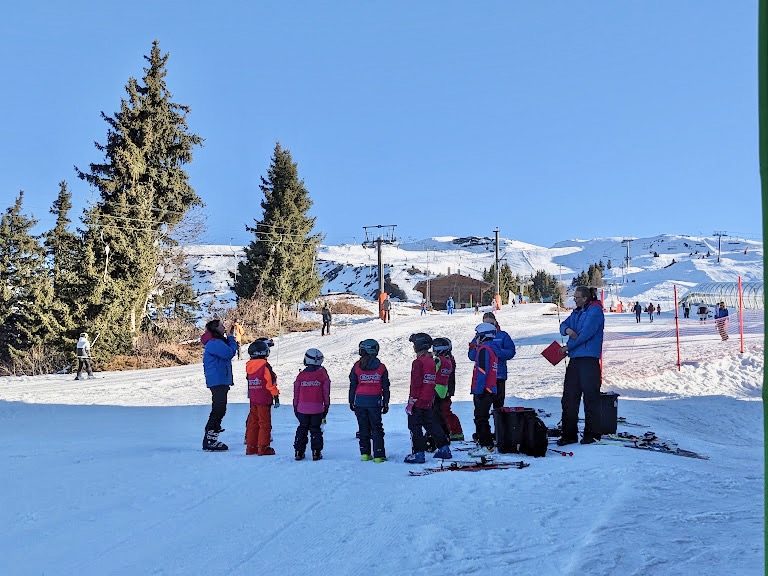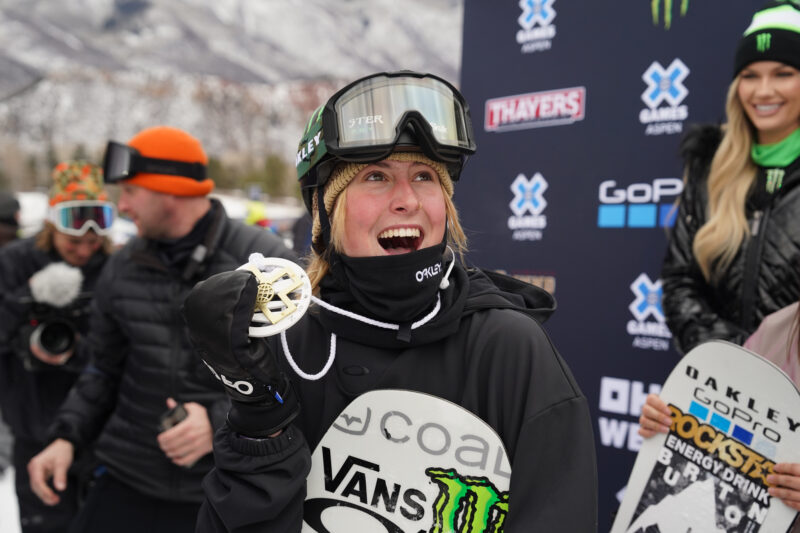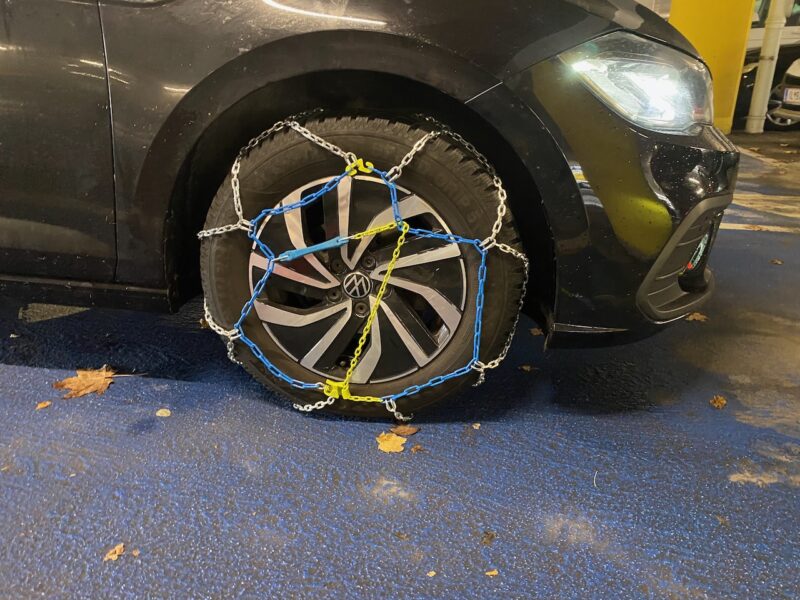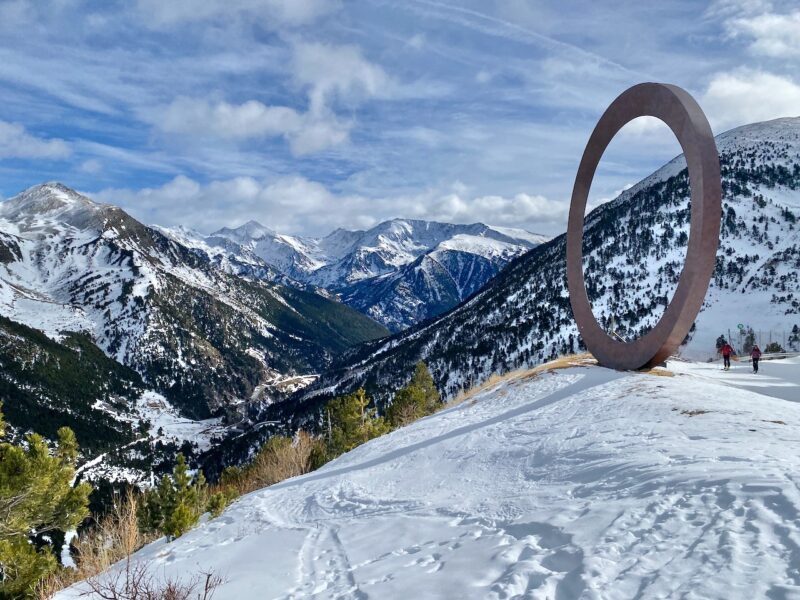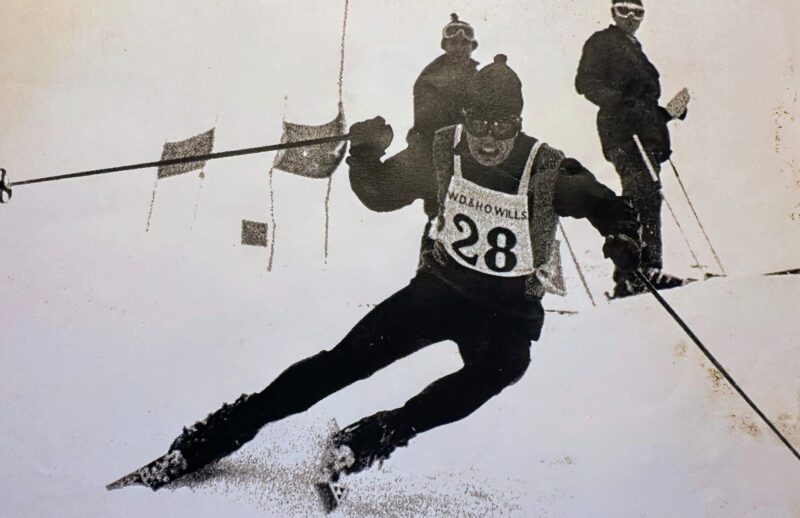Austria to Go Into Full Lockdown
18th November 2021
Last modified on November 21st, 2021
It comes as cases surge despite a recent increase in restrictions. Vaccinations will alos be made compulsory. The move will have a significant impact on the start of the ski season, but it is hoped it will mean Xmas skiing can take place. UPDATED
Austria has become the first country in western Europe to reintroduce a full Covid-19 lockdown to tackle a new wave of infections.
These rules will apply to the whole population from Monday.
Austria has recorded more than 15,000 new cases in the last 24-hours, according to the World Health Organisation.
Austria’s national lockdown will be assessed after 10 days said the Chancellor, Alexander Schallenberg.
He said it would last no longer than 20-days which is on December 13th – on the eve of the start of the main ski season.
Skiers, snowboarders and the whole snowsports industry in Austria hope the measure will allow the season to get underway.
“We don’t want a fifth wave,” the Chancellor told a news conference following a meeting with the governors of the country’s nine provinces.
“Considering the seriousness of the situation and considering the infection rates, the federal government and the state premiers have agreed there’s no other way than to introduce restrictive measures for everyone.”
He has also announced that Covid vaccinations will become compulsory from 1st February 2022.
The chancellor describe the mandatory move as “a very difficult decision”.
The moves are not unexpected.
Upper Austria and Salzburg said on Thursday that they would go into full lockdown next week and it was judged by commentators that it was only a matter of time before the rest of the country followed suit.
That has now happened.
It is the first part of Europe to return to full lockdown after restrictions have been eased over the summer months and with the roll out of vaccinations.
The lockdown means people will only be allowed to leave home for essential reasons such as medical appointments, shopping and exercise.
Restaurants, bars, hotels and non-essential shops will all have to close.
Austria saw 956 confirmed cases of Covid-19 per 100,000 people on Thursday 18th.
A week ago on November 11th it was 716. Three days earlier on 8th November it was 594.
The authorities are deeply concerned about the rise, with further pressure on already stretched hospitals.
Upper Austria and Salzburg have the worst rates in the country with more than 1,500 cases per 100,000 people over a 7-day period.
As a comparison the national rate is 405 in Switzerland, where concerns are also rising.
There are 129 cases in France and 93 in Italy.
The UK stands at 405.
The national lockdown will have a significant impact on the start of the ski season and for those resorts already open.

Stubai, the Tirol. Image c/o Tirol Tourist Office.
The resorts in Austria had been beginning to open with several resorts already offering skiing on their glaciers and high altitude areas.
They included Hintertux, Soelden, Pitztal, Stubai, Kaunertal, Kaprun and Kitzbuhel.
Some are looking forward to their last weekend before lockdown is implemented and posted their intention to stay open on Saturday and Sunday after the announcement was made.
Obergurgl in the Tirol opened on Friday – the first non-glacier resort to have a decent amount of skiing on offer.
It will now have to close.
Other resorts such as Ischgl had planned to open towards the end of November, with more following suit in December.
There are around 60 ski resorts in Salzburg , on the worst afffected provinces.
It has the major resort of Saalbach-Hinterglemm, Zell Am See, Kaprun and Bad Gastein.
Part of the Kitzbuhel ski area is in the province.
They are mainly shut at the moment but had hoped to open within the next few weeks.
One glacier resort in Salzburg, Kitzstenhorn above Kaprun, is already open.
It is now also set to close.
Upper Austria has a couple of dozen ski resorts that are mainly for locals only and are relatively small.
The governor of Salzburg, Wilfred Haslauer, said of the lockdown “we are left with no other choice.”
“Lockdown is an effective short-term measure , but it is not a solution. Vaccination is the only solution,” he added.
Last Monday, November 15th, unvaccinated people across Austria were placed in lockdown.
We reported on it at the time on PlanetSKI:
Earlier this week Ischgl, in the neighbouring province of the Tirol, announced that is was cancelling its traditional opening concert:
It will now have to cancel the opening of the resort completely.

Image © TVB Paznaun – Ischgl
Across the whole of Austria 2,787 people are being treated for Covid-19 with 498 in intensive care.
In the province of Salzburg there are 31 patients are in intensive care – 27 of them are unvaccinated.
The other four are reported to have underlying health conditions.
The overall rate of full vaccination of the total population in Austria is 64%, which is below the EU average and one of the lowest rates in western Europe, source: European Centre for Disease Prevention and Control (ECDC).
It is 79% in Spain, 74% in Italy and 69% in France.
It is 65% in Switzerland and 64% in Andorra.
Everyone in Austria is being encouraged to get vaccinated.
Upper Austria is a stronghold of the far-right Freedom Party that criticises the vaccine.
Its leader, Herbert Kichl, has tested positive this week.
Chancellor Schallenberg said the Covid anti-vaccine campaigners who are spreading misinformation are to blame for the country’s record Covid cases.
“Whipped up by radical anti-vaxxers, by fake news, too many among us didn’t get vaccinated,” he said.
“The results are overcrowded intensive care units and enormous suffering.”
Upper Austria has the highest infection rate in Austria and also its lowest vaccination rate.
On Thursday Austria saw 15,145 new cases reported – a record high.
“Despite months of work on persuasion, we have not succeeded in convincing enough people to get vaccinated,” Chancellor Schallenberg said.
“Increasing the vaccination rate durably is the only way of getting out of this vicious circle,” he added.
He described vaccination as the “exit ticket” from the pandemic.
In Austria the number of people taking vaccines has risen to around 73,000 in the last week.
In October it was about 20,000.
In Switzerland only 35,000 people have had their first shot in the past week and concerns are rising.
__________________________________________________
PlanetSKI Ponders
Our editor, James Cove, considers what the approaching winter may look like. Based on current facts and likely scenarios.

PlanetSKI Ponders. Image © PlanetSKI
This time last year it was obvious that Xmas, New Year and January were off the cards.
I mentioned it to anyone that cared to ask and was labelled a ‘pessimist’ by some.
I preferred to think of myself as a ‘realist’.
Beyond the start of winter, it was too early to predict but it seemed highly likely a ski season would not happen for most in any recognisable form.
The virus was spreading and there was no vaccine.
And so, it turned out to be.
This time it is altogether more complex, and unknown.
There is credible set of circumstances where the ski season will happen, albeit with some undoubted hiccups along the way.
We may all be making some turns and having a different, but highly enjoyable time in the mountains.
There is another credible set of likely circumstances where it gets pretty much cancelled as too few people are vaccinated and hospitals come under pressure as the virus does its winter worst.
There may be skiing for locals only, but not visiting Brits.
Make no mistake, central governments in ski nations will introduce restrictions if hospitals are threatened with being unable to cope.
The ski resorts have a degree of influence over central government in Austria and Switzerland, but much less so in France and Italy.
It is though simply too early to tell.
If anyone tells you otherwise, then they perhaps need questioning – if the last 18-months have told us anything it is that wishful thinking gets one nowhere in a pandemic.
As does uninformed opinion.
There are usually plenty of both flying around.
The news from Austria has led some people say “here we go again”, but it might just be the tonic to prompt the unvaccinated to get vaccinated.
After February 1st it will be compulsory.
That would stem the spread that leads to hospital admissions and ICU beds becoming full.
Vaccinations are the key.
It is all about vaccination levels and hospital admissions.
Of the ski nations vaccination levels of total population in Austria, Andorra & Switzerland are generally poor.
Don’t even mention Bulgaria.
The UK is better (but not by much) but France is better still.
Spain and Italy are looking rather good.
So too is Norway, Japan and Canada.
The USA is lagging behind somewhat.
I have no real idea what will happen this winter as there aren’t enough facts and likely outcomes to make a sensible judgment at this stage.
Not very helpful for winter plans, but there you go.
Here at PlanetSKI we have made some ski plans for December and January – mostly in France and Italy.
At this stage they are not on the same trajectory as Austria, and to a lesser extent Switzerland.
But in truth we shall just have to wait and see.
We will attempt to make sense of how Covid-19 affects this season – based on facts rather than wishful thinking.
We will remain neither ‘optimistic’ or ‘pessimistic’, but just try to be ‘realistic’.
We’ll keep you posted…
__________________________________________________
We are updating this breaking news story, so do check back for further developments.
Plus its significant implications for the approaching ski season in Austria…

Image © PlanetSKI
